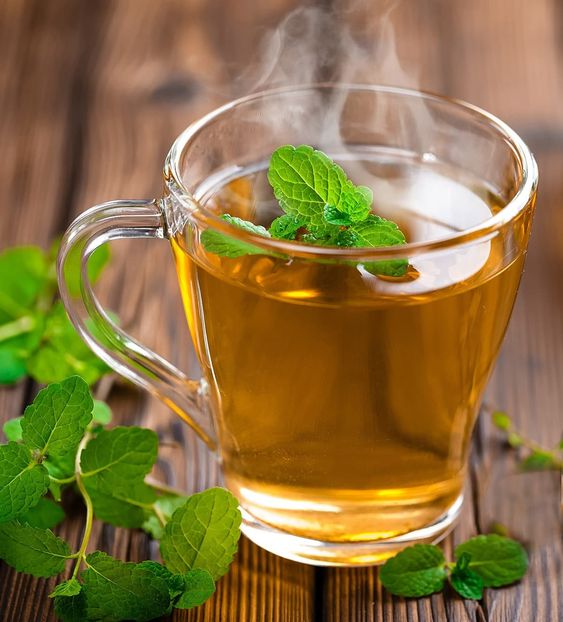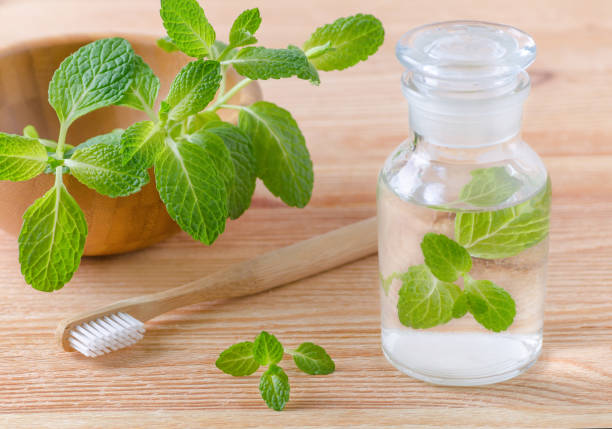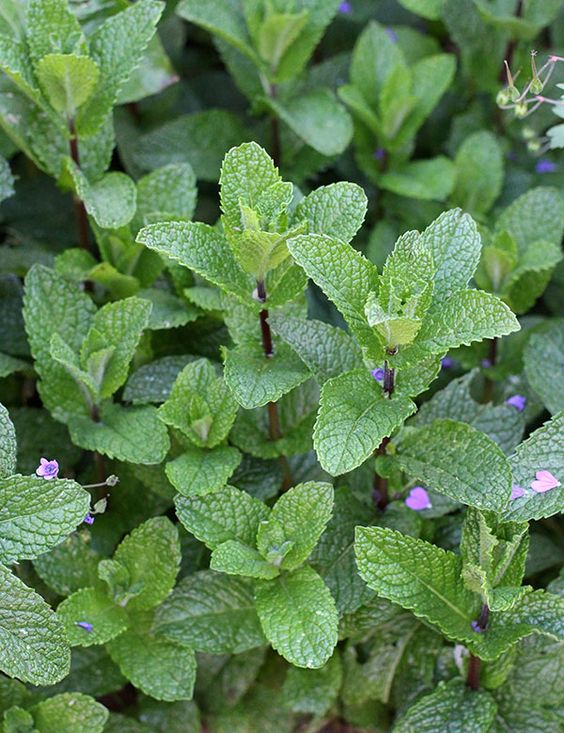Spearmint may seem like a simple garden herb, but it’s far more than a fresh garnish. Known scientifically as Mentha spicata, spearmint has been cherished across cultures for centuries and is gaining new appreciation in modern wellness circles for its holistic health properties.
Though native to Europe and Asia, it has spread globally, thriving in ordinary gardens and appearing in countless recipes and remedies. With antioxidants, vitamins A and C, and essential minerals like iron and calcium, this humble plant offers more than meets the eye.
Curious about the ways spearmint can support your health? Read on to uncover its impressive benefits and see why it deserves a spot in your daily routine.
#1. Digestive Health Benefits

For anyone who’s felt the discomfort of bloating or cramps, spearmint can be a soothing ally. Research shows that spearmint may ease digestive issues by relaxing the stomach muscles and promoting bile flow, which aids in the digestion of fats.
In addition, spearmint has a mild, comforting scent, which can be beneficial for nausea relief. A study published in the Journal of Obstetrics and Gynecology found that spearmint’s aroma could help reduce nausea, especially during pregnancy.
#2. Hormonal and Endocrine Health Benefits

For women managing symptoms of polycystic ovary syndrome (PCOS), spearmint offers a natural option to support hormonal balance.
Research in the Phytotherapy Research journal found that consuming spearmint tea regularly may help lower androgen levels, potentially alleviating unwanted hair growth and menstrual irregularities.
#3. Skin Health Benefits

By targeting acne-causing bacteria, spearmint can help reduce breakouts when used as part of a skincare regimen. Some use spearmint tea or essential oil diluted in a carrier oil for topical application.
Besides, spearmint’s antioxidants, particularly flavonoids, fight free radicals responsible for premature aging. Regular consumption of spearmint tea may help support skin elasticity and radiance, offering a natural way to keep your skin looking youthful.
#4. Cognitive and Mental Health Benefits

In a study published in the Journal of Alternative and Complementary Medicine, participants who took spearmint extract showed significant improvement in memory and focus.
Also, the aroma of spearmint oil is commonly used in aromatherapy for its ability to reduce anxiety and stress. Simply inhaling spearmint oil or enjoying a cup of spearmint tea can foster a sense of calm.
#5. Respiratory Health Benefits

If you struggle with congestion, spearmint’s natural menthol content can act as a decongestant.
It is beneficial for easing sore throats or minor respiratory discomfort. Using spearmint in a vaporizer or drinking warm tea can help relax the throat and ease coughing.
#6. Oral Health Benefits

With its natural antibacterial properties, spearmint is a popular choice for freshening breath. It combats the bacteria responsible for bad breath, making it an ideal ingredient in toothpaste and mouthwashes.
#7. Immune-Boosting Benefits

Spearmint’s blend of antioxidants and vitamins, particularly vitamin C, contributes to immune support. Consuming spearmint can help your body fight off infections and maintain a healthy immune response.
#8. Anti-inflammatory Benefits

A study published in the Journal of Medicinal Food found that spearmint tea, specifically high in rosmarinic acid, significantly reduced stiffness and pain in people with osteoarthritis.
Regularly incorporating spearmint extract into your diet may provide natural relief, helping to soothe inflammation and support joint mobility.
How to Use Spearmint Safely and Effectively

Spearmint is available in fresh and dried forms, as well as essential oils and supplements. You can use fresh leaves in salads or smoothies, while dried spearmint is ideal for tea.
Generally, one to two cups of spearmint tea per day is safe and effective for most people. For those using essential oils, be cautious with the quantity; it should always be diluted before applying it to the skin.
